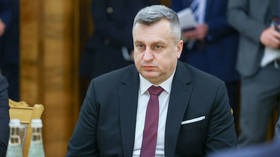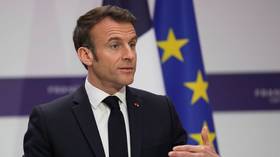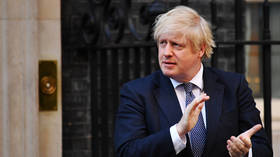WHO predicts end of pandemic in Europe

Speaking to AFP on Sunday, Hans Kluge, the World Health Organization’s (WHO) Europe director, claimed that there might be an end to the pandemic in sight, despite record levels of Covid-19 cases across the continent.
“It’s plausible that the region is moving towards a kind of pandemic endgame,” he stated, adding that the Omicron variant of Covid-19, which has been shown to be slightly milder than previous strains, could infect 60% of Europeans by March.
Following this current wave of Omicron, “there will be for quite some weeks and months a global immunity, either thanks to the vaccine or because people have immunity due to the infection, and also lowering seasonality,” Kluge explained.
“We anticipate that there will be a period of quiet before Covid-19 may come back towards the end of the year, but not necessarily the pandemic coming back,” the virus expert said.
However, Kluge urged caution and reiterated that the Covid-19 virus has been very hard to predict. The WHO chief said that the priority must be stabilizing the pandemic and “minimizing disruption.”
He noted that vaccination levels in Europe range across countries, from 25% to 95% of the population, accounting for varying levels of hospitalizations and death.
“Stabilizing means that the health system is no longer overwhelmed due to Covid-19 and can continue with the essential health services, which have unfortunately been really disrupted for cancer, cardiovascular disease, and routine immunization,” he added.













